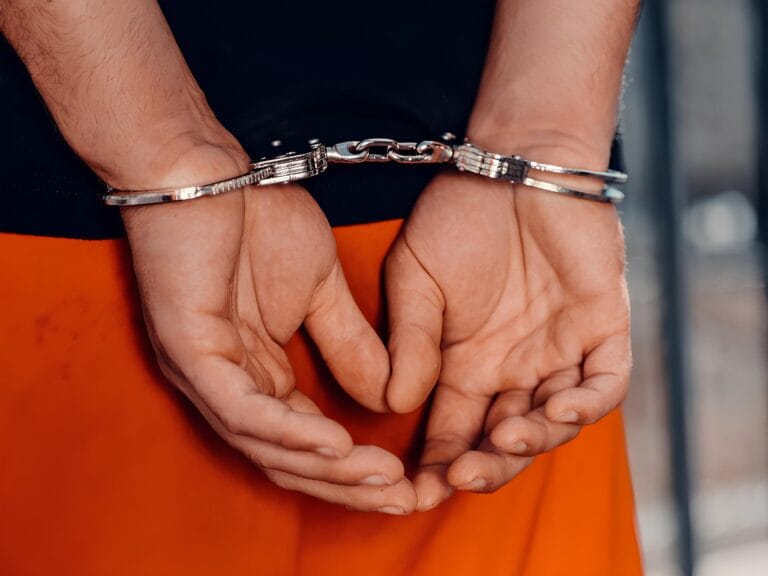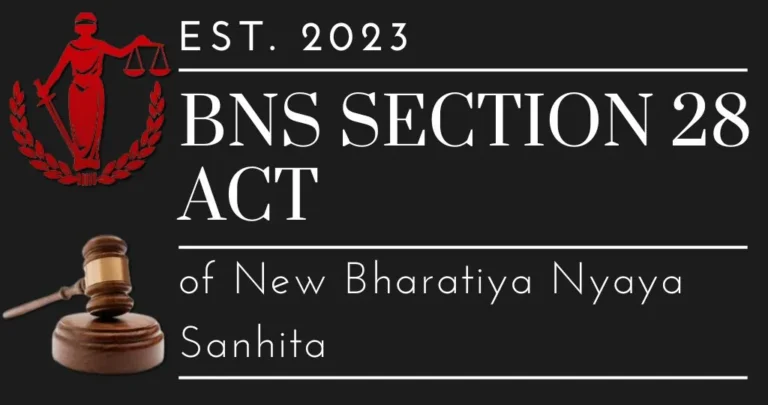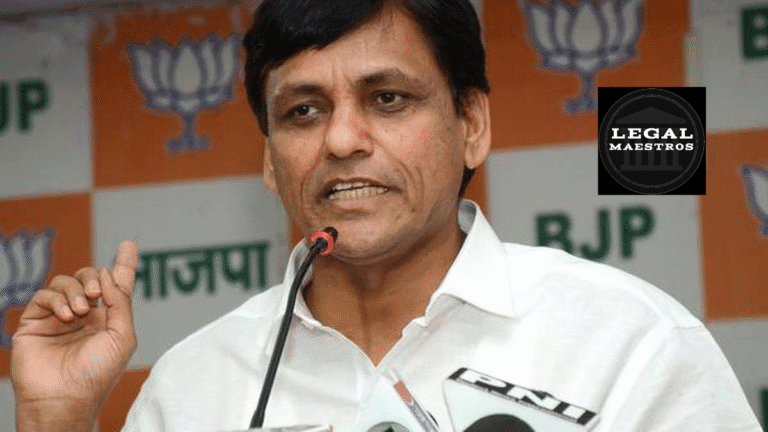
Prosecution of Judges and Public Servants Under Bharatiya Nagarik Suraksha Sanhita, 2023
Prosecution of Judges and Government Servants Under Bharatiya Nagarik Suraksha Sanhita, 2023
The Bharatiya Nagarik Suraksha Sanhita, 2023, which was implemented on July 1, 2024, abolished the Criminal Procedure Code. The legislation establishes a number of new provisions related to the prosecution of public servants, such as judges, magistrates, and military personnel. One of the key aspects of this law is Section 218, which governs the prosecution of judges and public servants for offenses committed while performing their official duties. Let’s take a detailed look at the provisions of Section 218, with examples to help understand how these rules function.
Prosecution of Judges, Magistrates, and Public Servants (Section 218(1))
For More Updates & Regular Notes Join Our Whats App Group (https://chat.whatsapp.com/DkucckgAEJbCtXwXr2yIt0) and Telegram Group ( https://t.me/legalmaestroeducators ) contact@legalmaestros.com.
Under Section 218(1), if a judge, magistrate, or public servant (who can be removed from office only with government sanction) is charged with the commission of an offense in the course of their official conduct, no court can take cognizance of the offense without previous sanction of the government. The sanction requirement is subject to change unless otherwise expressed under the Lokpal and Lokayuktas Act, 2013.
There are two broad categories of public servants for whom sanction is mandatory:
Those working in the Central Government
Those working in a State Government
Illustration: If a judge in a high court is said to have committed an offense while hearing a case, a criminal case against him cannot be initiated unless sanction is given by the central government, keeping in mind that the judge is associated with the Union government.
Special Provision in the Case of President’s Rule
If the offense of a public servant is committed while President’s Rule (under Article 356 of the Constitution) is in operation in a state, then sanction for prosecution has to be given by the Central Government, and not by the State Government.
For More Updates & Regular Notes Join Our Whats App Group (https://chat.whatsapp.com/DkucckgAEJbCtXwXr2yIt0) and Telegram Group ( https://t.me/legalmaestroeducators )
Example: If a state is in President’s Rule and a police officer, being associated with the state government, is accused of corruption, the sanction of prosecution is required from the Central Government rather than that of the State Government.
For More Updates & Regular Notes Join Our Whats App Group (https://chat.whatsapp.com/DkucckgAEJbCtXwXr2yIt0) and Telegram Group ( https://t.me/legalmaestroeducators )
Time Limit for Sanction Decision
Yet another significant feature is the time frame allowed to the government to take a decision on a request for sanction. The decision is to be taken by the government within 120 days of making the request. Where the government does not take such decision within this period, it is deemed that sanction has been accorded.
Example: If an investigation agency seeks approval from the central government to take action against a bureaucrat, and no action is taken within 120 days, then the law deems the sanction to be approved, and the prosecution can go ahead.
Exceptions to Sanction Requirement
No sanction is needed where the public servant is charged with offences under certain sections of the Bharatiya Nyaya Sanhita, 2023, including Section 64 (unlawful assembly), Section 65 (rioting), and Section 199 (false statement made in declaration).
Illustration: If a public servant is charged with joining an unlawful assembly, the court need not await government sanction to start prosecution.
Prosecution of Armed Forces Personnel (Section 218(2))
Section 218(2) deals with the prosecution of members of the Armed Forces of the Union. If an offense is committed by a member of the armed forces while performing official duties, prosecution cannot be made without the advance sanction of the Central Government.
Example: Suppose a soldier is accused of misusing his powers during a counter-insurgency operation. In such a case, the court can only proceed with the case if the central government gives its sanction for prosecution.
Extension of Armed Forces Protection by State Government (Section 218(3))
Under Section 218(3), the State Government may notify that the provisions of Section 218(2) (applicable to the armed forces) shall also extend to a particular class or category of state forces entrusted with the duty of maintaining public order. After such a notification, the previous sanction of the State Government will be necessary to prosecute these forces.
Example: If the State Government grants this protection to state police forces who are dealing with a riot, any legal action against them for what they have done during the riot would need prior sanction by the government.
Special Provision for Armed Forces During President’s Rule (Section 218(4))
While President’s Rule is operative in a state, state force personnel involved in maintaining public order have the same protection as the armed forces, but here sanction for prosecution has to be given by the Central Government.
Example: When a state policeman is accused of misconduct while President’s Rule is operative, sanction for their prosecution has to be given by the Central Government instead of the State Government.
Power to Decide on Prosecution (Section 218(5))
It is the Central Government or the State Government’s power to decide who shall prosecute the accused public servant, magistrate, or judge, what he shall be charged with, and in whose court he shall be tried.
For example, if one government official has been charged with fraud, then the government is free to rule that the matter would be tried by a designated law officer at a specified court.
Key Difference Between Section 215 and Section 218
Section 215 of the Bharatiya Nagarik Suraksha Sanhita addresses offenses that need a written complaint by a public servant in order to prosecute, whereas Section 218 addresses prior government approval’s necessity before prosecution for government actions done in the exercise of official duties. Section 218 provides wider protection for public servants by necessitating formal government permission for prosecuting actions performed in the course of their official work, which is not necessarily the case under Section 215.
Example: For public servant accused of corruption under Section 215, the case needs a complaint by an officer of superior rank. For an offense committed in the course of official duty under Section 218, government sanction is mandatory before the prosecution of the case.
Conclusion
Section 218 of the Bharatiya Nagarik Suraksha Sanhita, 2023, creates significant protection for judges, magistrates, public officials, and members of the armed forces when they are charged with offenses done in the performance of their official duties. The protections make it possible for prosecution to be initiated only under government scrutiny to avoid frivolous or politically driven cases. But some exceptions guarantee that justice is not postponed, like the 120-day limit for government actions and the exclusion of certain offenses from needing sanction. These are a reflection of a delicate balance between accountability and safeguarding those holding public offices.






